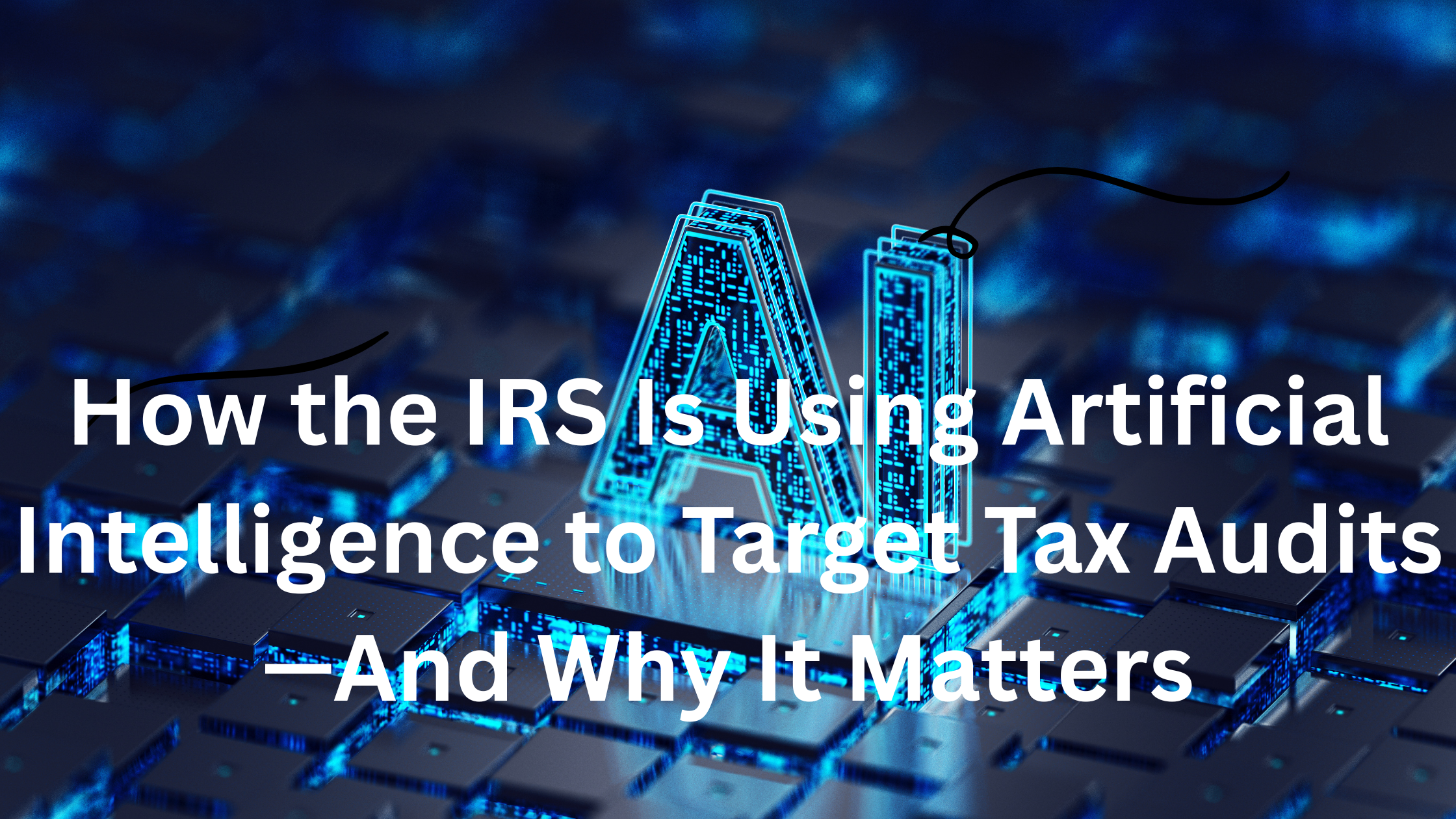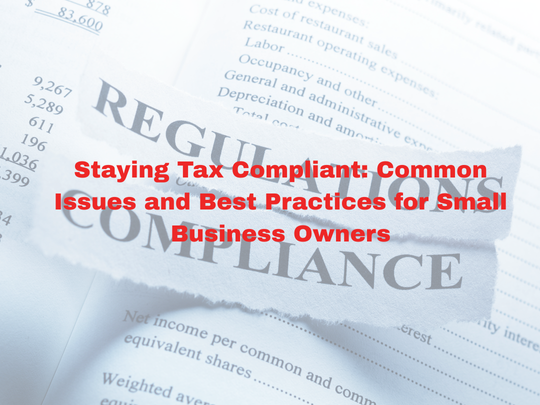Tax-Saving Moves Businesses Should Consider Before Year End
Now is a good time to consider year-end moves that can help reduce your business’s 2024 taxes. The effectiveness of a particular action depends on the circumstances of your business. Here are several possibilities.
Time Income and Deductions
A tried-and-true tactic for minimizing your tax bill is to defer income to next year and accelerate deductible expenses into this year. For example, if your business uses the cash method of accounting, consider deferring income by postponing invoices until late in the year or accelerating deductions by paying certain expenses before year end.
If your business uses the accrual method of accounting, you have less flexibility to control the timing of income and expenses, but there are still some things you can do. For example, you may be able to deduct year-end bonuses accrued this year even if they aren’t paid until next year (if they’re paid by March 15, 2025).
Accrual-basis businesses may also be able to defer income from certain advance payments (such as licensing fees, subscriptions, membership dues, and payments under guaranty or warranty contracts) until next year. These payments may be deferred to the extent they’re recorded as deferred revenue on an “applicable financial statement” of the business, for example, an audited financial statement or a financial statement filed with the Securities and Exchange Commission.
Deferring income and accelerating deductions isn’t right for every business. In some cases, it may be advantageous to do the opposite, that is, to accelerate income and defer deductions. This may be the case if, for example, you believe your business will be in a higher tax bracket next year.
Buy Equipment and Other Fixed Assets
One of the most effective ways to generate tax deductions is to buy equipment, machinery and other fixed assets and place them in service by Dec. 31. Ordinarily these assets are capitalized and depreciated over several years, but there are a few options for deducting some or all of these expenses immediately, including:
Section 179 expensing. This break allows you to deduct up to $1.22 million in expenses for qualifying tangible property and certain computer software placed in service in 2024. It’s phased out on a dollar-for-dollar basis to the extent Sec. 179 expenditures exceed $3.05 million for 2024.
Bonus depreciation. This year, you can deduct up to 60% of the cost of eligible tangible property, which includes most equipment and machinery, as well as off-the-shelf computer software and certain improvements to nonresidential building interiors. Now’s the time to take advantage of bonus depreciation, since the deduction limit is scheduled to drop to 40% next year and 20% in 2026 and to be eliminated after that, unless Congress passes new legislation.
De minimis safe harbor. This provision allows you to expense certain low-cost items used in your business, even if they’d ordinarily be treated as fixed assets that are capitalized and depreciated. If your business has applicable financial statements, you can deduct up to $5,000 per purchase or invoice for these items to the extent that you deduct them for accounting purposes. If you don’t have applicable financial statements, then the limit is $2,500.
Despite the term “de minimis,” the safe harbor makes it possible to immediately deduct a significant amount of property. For example, if you buy 10 computers for your business for $2,500 each, you can deduct as much as $25,000 up front.
Each of these options has advantages and disadvantages and is subject to various rules and limitations. Contact the office for help choosing the most effective strategies for your business.





